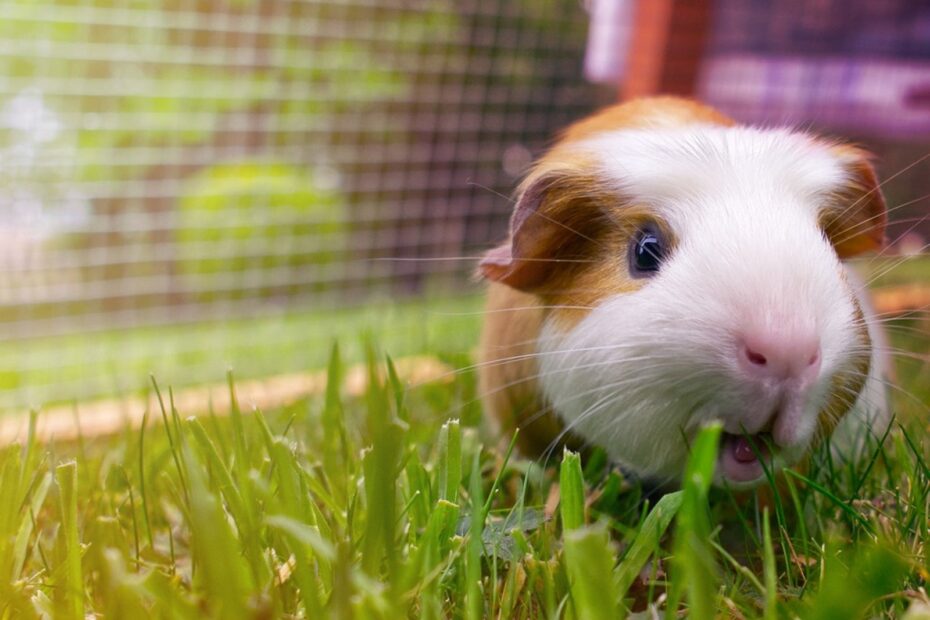From the cozy corners of guinea pig habitats to the flourishing world of gardening, an interesting connection thrives—could these adorable little creatures hold the secret to conquering the challenges of fertilizing your plants? While the idea of using guinea pig poop as fertilizer might raise a few eyebrows, it’s time to delve deeper into this quirky notion. As we embark on a unique journey to unlock nature’s untold secrets, let’s explore whether guinea pig waste could indeed become the green thumb’s ultimate elixir. Are you ready to discover the hidden powers of these tiny excremental treasures? Let’s dig in!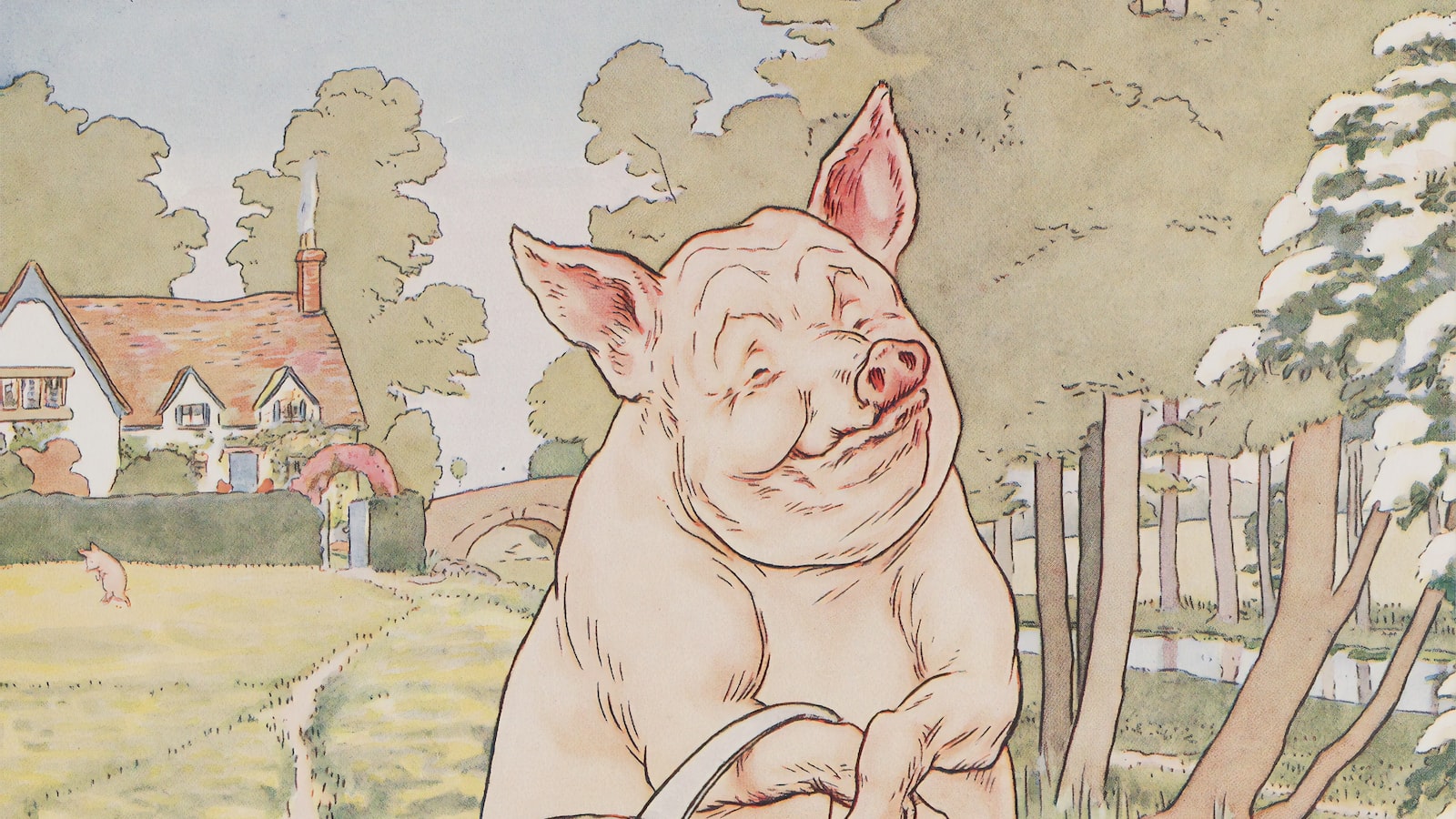
The Potential Benefits of Using Guinea Pig Poop as Fertilizer in Your Garden
Can You Use Guinea Pig Poop as Fertilizer?
Many gardeners are constantly on the lookout for natural and environmentally friendly ways to nourish their plants, and guinea pig poop might just be the unexpected answer. This often-overlooked waste product can be a valuable resource when it comes to fertilizing your garden. Here are some potential benefits of using guinea pig poop as fertilizer in your garden:
1. Nutrient-rich:
- Guinea pig waste is packed with essential nutrients like nitrogen, phosphorus, and potassium, which are vital for plant growth.
- These nutrients can help improve soil fertility and enhance the overall health of your plants.
- Using guinea pig poop as fertilizer provides a natural and organic source of these nutrients, avoiding the need for synthetic alternatives that may harm the environment.
2. Soil conditioning:
- The organic matter in guinea pig poop helps improve soil structure, aiding in water retention and drainage, and promoting beneficial microbial activity.
- It can also enhance soil aeration, making it easier for plant roots to access oxygen.
- By incorporating guinea pig poop into your garden soil, you can create a well-balanced and fertile environment for your plants to thrive.
| Features | Tips |
|---|---|
| Environmentally friendly | Ensure guinea pig waste is composted before applying to your garden. |
| Natural source of nutrients | Avoid using fresh guinea pig poop on edible plants and always wash your hands after handling. |
| Improves soil structure | Use guinea pig poop in moderation to prevent nutrient imbalance in the soil. |
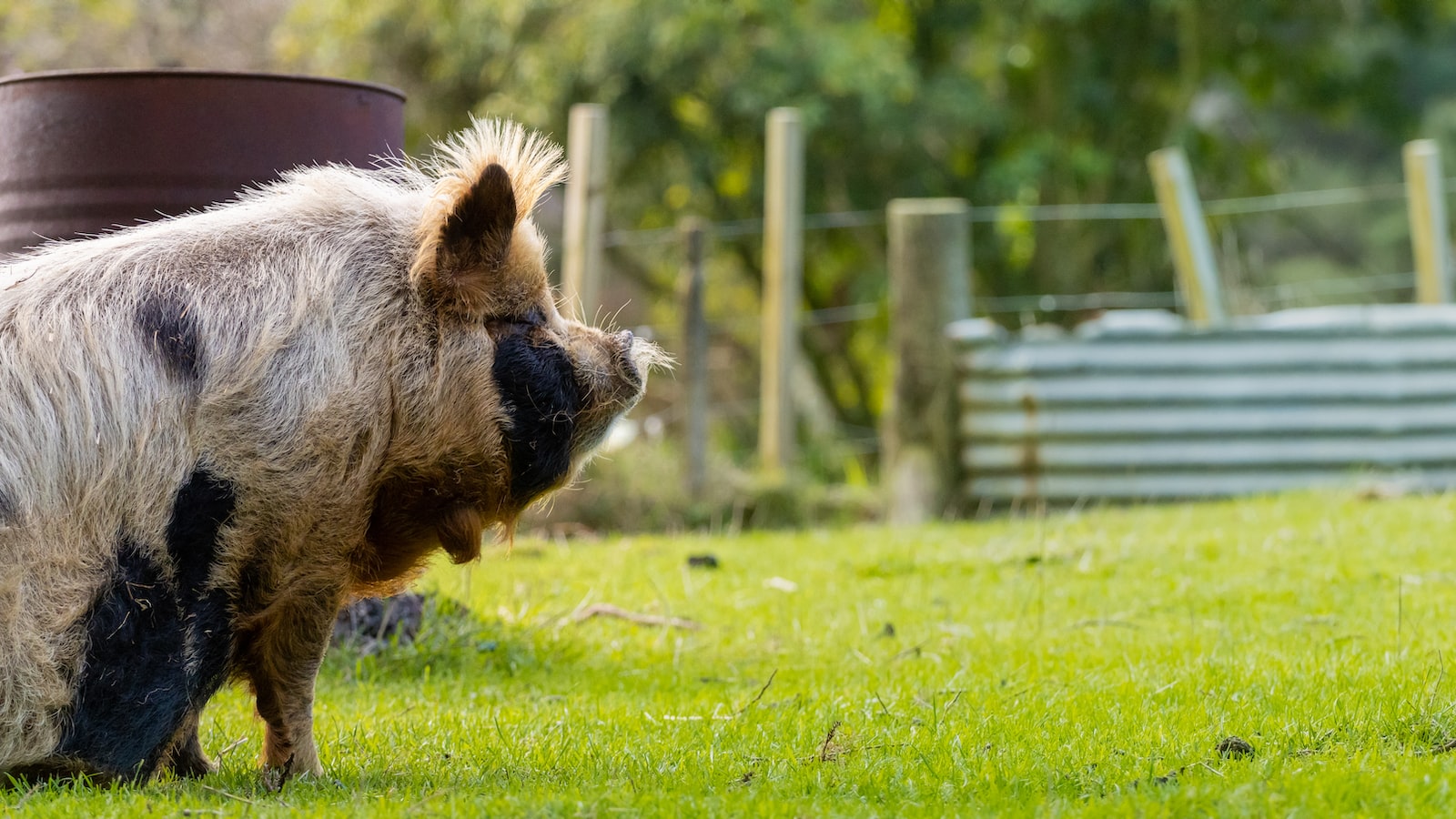
Examining the Nutrient Composition of Guinea Pig Poop: A Surprising Garden Boost
Guinea pig poop may not be a topic of conversation that typically comes up in gardening circles, but believe it or not, it can actually be a surprisingly effective fertilizer for your garden. The nutrient composition of guinea pig poop is rich in essential elements that plants need to thrive. This natural fertilizer provides a unique blend of nitrogen, phosphorus, and potassium, commonly referred to as NPK, which are crucial for promoting healthy plant growth.
One of the key features of guinea pig poop as fertilizer is its high nitrogen content. Nitrogen is a critical nutrient for plants as it aids in the production of chlorophyll, which is essential for photosynthesis. By adding guinea pig poop to your garden, you can significantly increase the nitrogen levels in the soil, leading to lush and vibrant greenery. Additionally, the phosphorus and potassium present in guinea pig poop are vital for promoting root development and overall plant strength.
Here are a few helpful tips on using guinea pig poop as fertilizer:
- Composting: To ensure a safe and odorless application, it is recommended to compost guinea pig poop with other organic matter like leaves, grass clippings, or straw. This will help break down the waste and create a nutrient-rich compost for your garden.
- Application: Spread the composted guinea pig poop evenly over the soil, making sure to avoid direct contact with the plant’s stems. This will provide a slow release of nutrients, feeding your plants gradually over time.
- Dilution: If you prefer to use guinea pig poop directly as a liquid fertilizer, dilute it in water first. Use a ratio of 1 part guinea pig poop to 5 parts water and apply it to your plants with a watering can or sprayer.
By harnessing the hidden power of guinea pig poop, you can give your garden an unexpected boost and enjoy the satisfaction of using a natural, organic fertilizer. So, the next time you’re cleaning out your furry friend’s habitat, consider saving some of their waste for your garden. Your plants will thank you!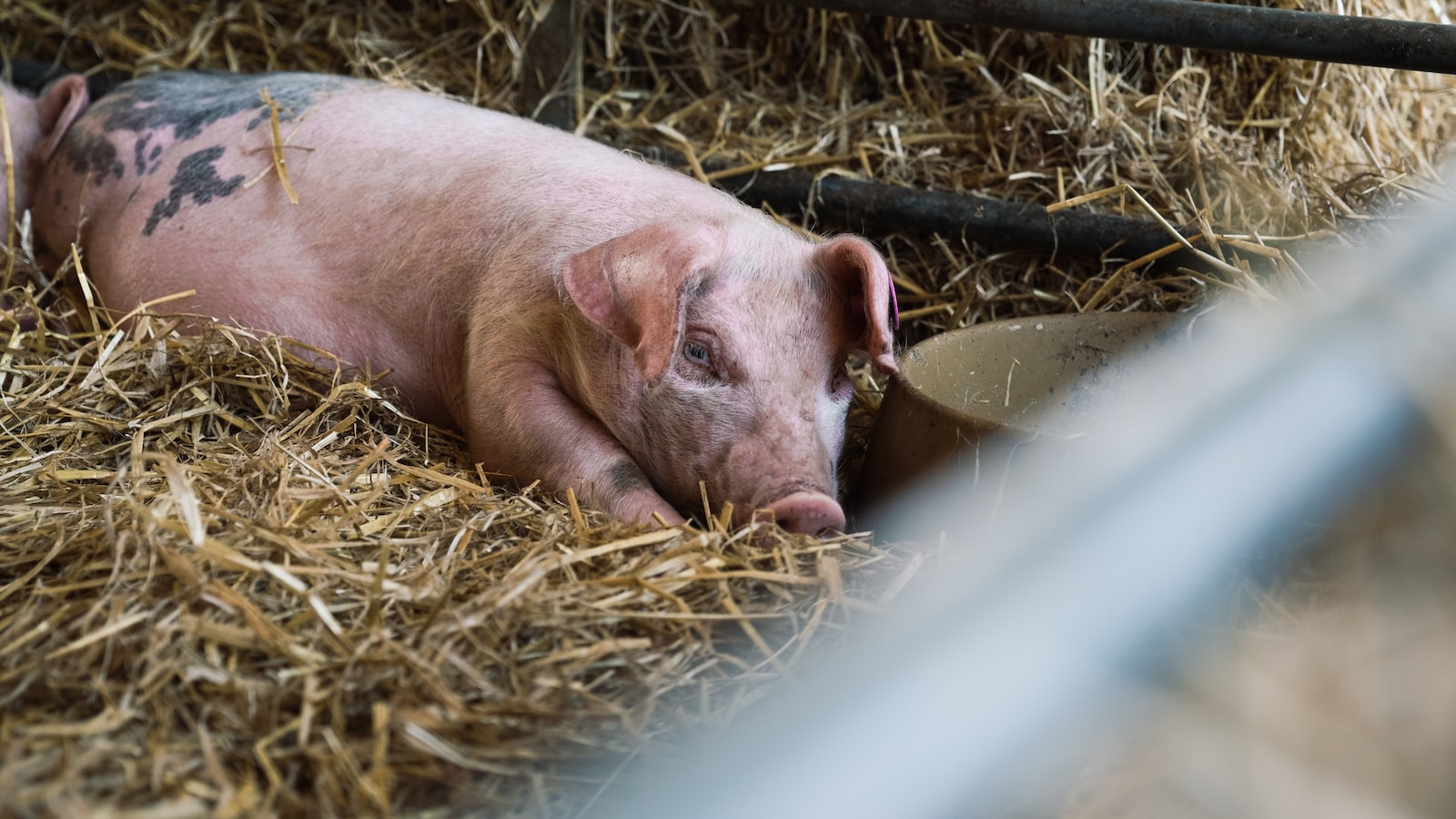
Guidelines for Safely Implementing Guinea Pig Poop as Fertilizer in Your Garden
Have you ever wondered if you can utilize guinea pig poop as fertilizer in your garden? Well, the answer is a resounding yes! Guinea pig poop, also known as “cavy nuggets,” contains essential nutrients that can significantly benefit your plants and help them thrive. By following these guidelines, you can safely implement guinea pig poop as a natural and effective fertilizer in your garden.
Benefits of Guinea Pig Poop as Fertilizer:
- Rich in key nutrients such as nitrogen, phosphorus, and potassium, guinea pig poop provides a balanced organic fertilizer for your plants.
- Due to its small size, guinea pig poop can be quickly and evenly distributed throughout your garden, ensuring maximum nutrient absorption.
- Unlike chemical fertilizers, guinea pig poop is completely natural and poses no harm to the environment or surrounding wildlife.
Guidelines for Using Guinea Pig Poop as Fertilizer:
- Start by collecting the cavy nuggets from your guinea pig’s cage regularly.
- Avoid using fresh poop directly on your plants as it may contain harmful bacteria. Instead, compost it first for at least six to eight weeks to allow proper decomposition and kill any potential pathogens.
- Once composted, mix the guinea pig poop with other organic materials, such as vegetable scraps or grass clippings, to create a nutrient-rich soil amendment.
| Features | Tips |
|---|---|
| 1. Balanced Nutrients | 1. Compost before use |
| 2. Easy to distribute | 2. Mix with other organic materials |
| 3. Environmentally friendly | 3. Apply in small amounts |
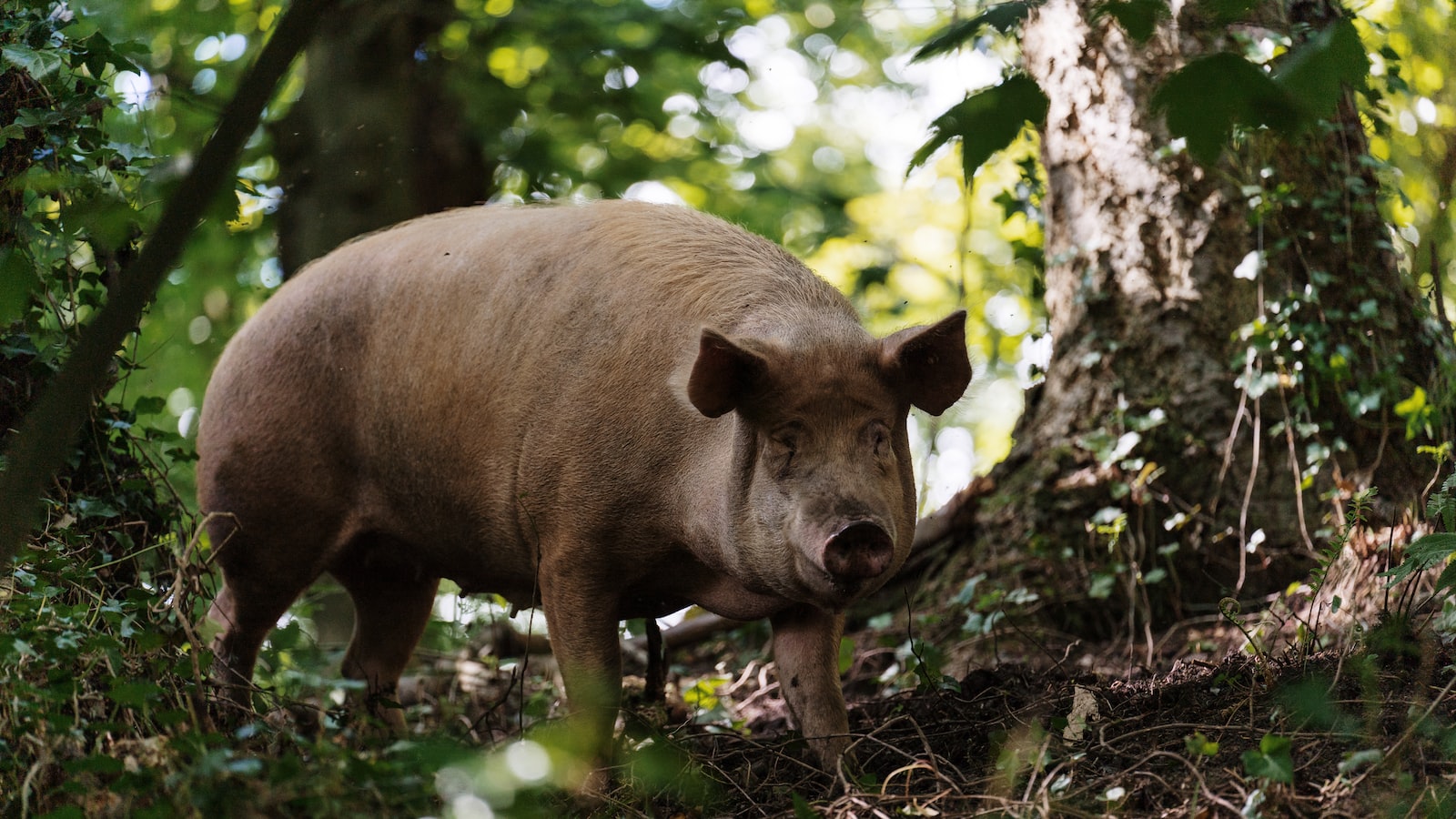
Recommended Application Methods for Maximizing the Benefit of Guinea Pig Poop Fertilizer in Your Plants
Guinea pig poop may not be your typical fertilizer choice, but surprise, surprise! It can actually work wonders for your plants. If you’re wondering whether using guinea pig poop as fertilizer is a viable option, the answer is a resounding yes! Not only does it provide essential nutrients for your plants, but it’s also an eco-friendly solution that repurposes waste. So, let’s delve into the various recommended application methods to maximize the benefits of guinea pig poop fertilizer in your precious greens.
The Power of Pellets
The best way to utilize guinea pig poop as fertilizer is with its pellet form. These cute little droppings are packed with nitrogen, phosphorus, and potassium, making them an excellent source of nutrients for your plants. To ensure even distribution, consider breaking down the pellets into smaller pieces or even grinding them into a fine powder before application. This will help maximize the absorption of nutrients by your plants’ root systems, resulting in healthier and more vibrant foliage.
| Features | Tips |
|---|---|
|
|
| Guinea pig poop fertilizer can be a fantastic addition to your gardening routine. Just remember to handle it with care, wash your hands thoroughly, and enjoy the benefits of happy and healthy plants! | |
Frequently Asked Questions
Q: Is it true: Can you transform your guinea pig’s poop into plant fertilizer?
A: Absolutely! Guinea pig poop is nature’s little secret weapon for promoting healthy plant growth.
Q: How can guinea pig poop be used as fertilizer?
A: It’s as simple as turning waste into wonder! Guinea pig droppings are packed with essential nutrients like nitrogen, phosphorus, and potassium, which plants love. Just collect their droppings in a container, let it decompose, and mix it into your soil or compost.
Q: Are there any benefits of using guinea pig poop as fertilizer?
A: Definitely! Besides being an excellent source of nutrients, guinea pig droppings are gentle on plants and won’t burn them like some chemical fertilizers. Plus, since guinea pigs are herbivorous, their waste contains high levels of organic matter, making it an environmentally friendly option for nourishing your garden. As we reach the end of our fecal journey, our minds are filled with wonder and curiosity. The question posed before us, “Can you use guinea pig poop as fertilizer?” has been thoroughly examined, swirled alongside our imaginative thoughts, and meticulously brought to light.
While it may not be the most conventional fertilizer choice, the humble guinea pig has certainly left its indelible mark on our quest for sustainable gardening. We have discovered that these pint-sized furballs possess an innate talent for producing nutrient-rich droppings that can breathe life into our beloved plants.
As we gathered our knowledge, we unearthed the remarkable attributes of guinea pig excretions. These seemingly ordinary pellets are, in fact, a treasure trove of nitrogen, phosphorus, and potassium – the holy trinity of plant nourishment. With their delightful, earthy aroma, this unique fertilizer holds the promise of flourishing flora and bountiful harvests.
Yet, let us not gloss over the considerations that accompany our newfound affinity for guinea pig poop. Its high nitrogen content requires careful dilution and composting to prevent plant burn, overwhelming the fragile root systems we seek to nurture. Diligence and patience, dear readers, will be our guiding companions as we embark on this peculiar fertilizer journey.
So, dear green-thumbed adventurers, let us never forget the humble guinea pig and its invaluable contribution to our gardening dreams. While we remain neutral in tone and showered in the sparks of creativity, the choice to wield these fecal nuggets as a fertilizer is ultimately yours. Experiment, explore, and embrace the enchanting possibilities of the guinea pig’s gift to Mother Nature’s canvas.
With our shovels still in hand, our minds buzzing with intriguing possibilities, we bid farewell to the world of guinea pig-induced fecal enchantment. As we step back from the fertile realm of curiosity, we are left with a sense of awe, a softened admiration for the extraordinary wonders that lie within the most unexpected places.
Until we meet again, fellow gardeners, may your soil be ever fertile, your plants ever vibrant, and your compost ever enriched with the magic of the guinea pig. The power of these tiny creatures lies in the humble pellets they leave behind, reminding us that even the most unassuming offerings can nourish and nurture our green spaces beyond our wildest imagination.
- When to Put Weed and Feed on Lawn in Michigan - October 16, 2023
- When to Fertilize Potatoes Plants - October 16, 2023
- Can You Plant Clover in the Spring - October 16, 2023
Contents
- 1 The Potential Benefits of Using Guinea Pig Poop as Fertilizer in Your Garden
- 2 Can You Use Guinea Pig Poop as Fertilizer?
- 3 Examining the Nutrient Composition of Guinea Pig Poop: A Surprising Garden Boost
- 4 Guidelines for Safely Implementing Guinea Pig Poop as Fertilizer in Your Garden
- 5 Recommended Application Methods for Maximizing the Benefit of Guinea Pig Poop Fertilizer in Your Plants
- 6 Frequently Asked Questions
